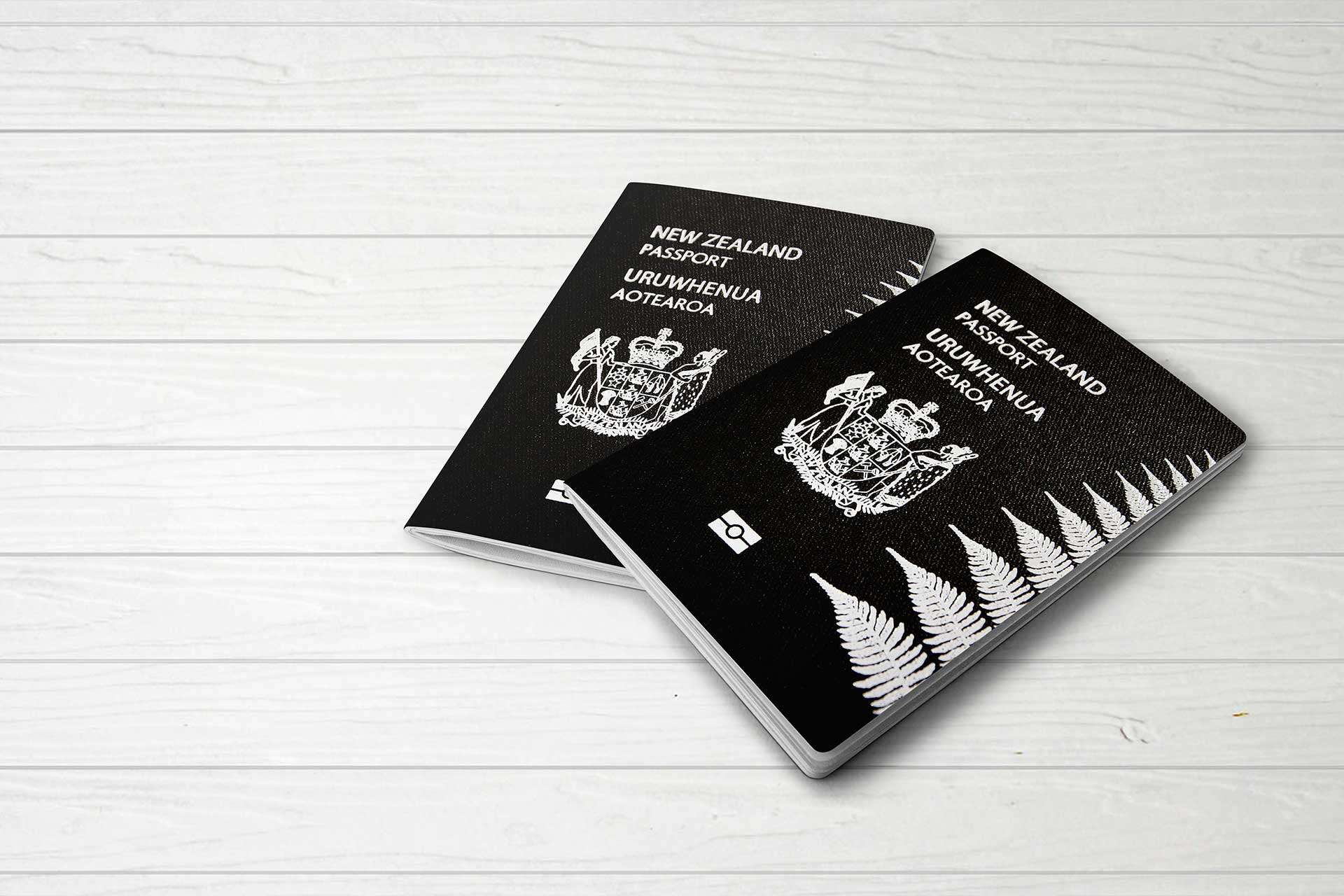On Thursday 13 April Richard Small Director and Principal Lawyer of Pacific Legal attended a meeting between the Chair and Deputy Chair and immigration lawyers.
The Immigration and Protection Tribunal deals with 4 main kinds of appeals:
- Appeals against declined residence applications
- Appeals by people without visas on humanitarian grounds
- Appeals by residents facing deportation on character grounds
- Appeals related to refugee and protection claims
We mostly do appeals for the first two categories above: residence and humanitarian. Most of the appeals we deal with have either a 42 or 28-day time limit. Over the years we have achieved some great results in each of these categories. Each case depends on its own facts. If you think you may be eligible to lodge an appeal don’t delay: contact us.
We heard that the Tribunal has the shortest delays that it has ever had since it was established in 2010. The Chair. Judge Spiller told us that there were around 290 appeals pending of which 44% were residents appeals (within this Skilled Migrant Category and partnership of the 2 biggest categories), 24% of appeals were humanitarian from non-residents (people whose last visa expired within 42 days or were issued with a DLN), 4% of appeals were residents and 27% of appeals where refugee or protection related. This means that appeals are being processed in record short timeframes, between 4 and 5 months from when they are lodged, with decisions normally being made within 3 weeks of the appeal being allocated to/heard by a member of the Tribunal.
In practical terms it means that we need all the evidence in our hand as soon as possible in the appeal process to have a good chance of success.
In total 48% of appeals are successful across all categories. Of residence appeals 44% are successful which suggests that standards of residence decisions by immigration New Zealand may have slipped. However, a success rate of 40% or more is a good one. The tribunal was not able to tell us how many people without visas were given one day visas to restart their 42 days to appeal. We find there are many clients who have good grounds to be put back on a lawful visa but whom immigration New Zealand for whatever reason refuse to do so. When the Minister or Immigration New Zealand to put them onto a lawful one-day visa they often go on to have a successful appeal.
Recently we have had successful appeals for a caregiver a person suffering tetraplegia and another with a seriously ill family member. In both cases the problem was not with the Tribunal but with immigration New Zealand’s gatekeeping to not allow an appeal to go ahead over a number of years. It is clear to us that Immigration New Zealand is not working in-line with the Tribunal’s understanding of “exceptional humanitarian circumstances.”
At the meeting we discussed a number of issues with the face-to-face hearings which are held for refugees and protection claimants. One of the issues is lack of availability of a psychologist’s report. We recommend this for all our humanitarian appellants. In the cases we deal with there is little prospect of success without this level of evidence.
We also discussed the importance of the lawyer being informed of any proposed changes such as minor corrections to a Tribunal decision at the request of Immigration New Zealand. was great to hear that a new Practice Note will make it clear that the other party must be informed when Immigration New Zealand apply to change a decision in future.
The Tribunal has strict timeframes for the putting on of evidence. For residence appeals, most of the evidence needs to be provided when the residence application was made, and the tribunal will only allow further evidence if it is fair to do so a particular case (for example if there is a change in circumstances or the evidence could not have been found during the residence application process. For humanitarian appeals there is 21 days to put in further submissions and evidence. It is important to obtain competent legal advice and representation about evidence in any appeal process: contact us for more details.
We heard that the Chair of the Tribunal Judge Spiller will be retiring from July 2021. Judge Spiller has been a long-serving chair, since November 2014. He has overseen improvements in the efficiency of the Tribunal and its regular reporting. We add our appreciation for his leadership of the Tribunal.



